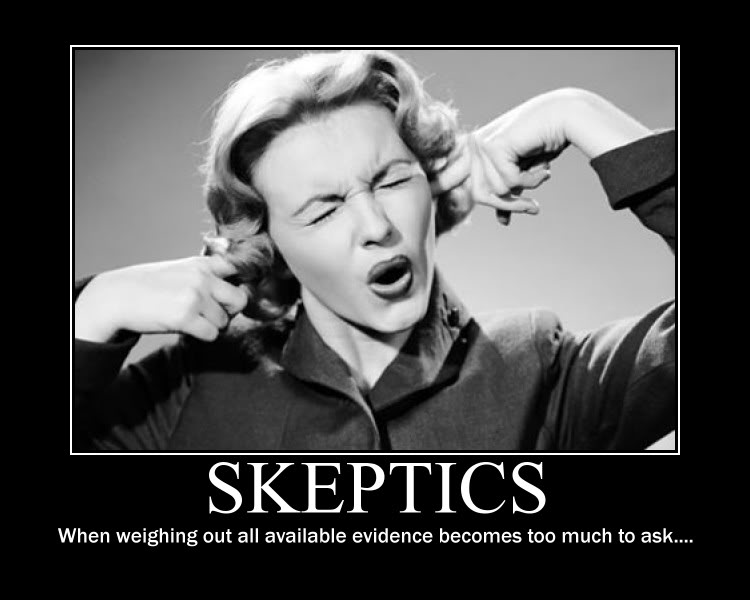By Deepak Chopra, MD and Henry Stapp, PhD 
Pick at random any TV show about the universe, and the visuals will be dominated by a black void sprinkled with billions of galaxies. Such images give the impression of a vast emptiness foreign to human existence. Our bodies would perish within minutes of stepping into outer space; our minds struggle to grasp cosmic riddles that extend beyond the limits of time and space. But visual images are misleading, because they miss the most crucial element in the universe, an element that suddenly and unexpectedly humanizes it.
This crucial element is mind.
Over a century ago, the quantum revolution opened the way for cosmic mind. The founders of quantum mechanics needed to account for huge differences between their mathematical model of the universe, which is composed of fields of potentialities, and the universe as we perceive it, which is composed of solid objects and events that actually happen. To achieve a reconciliation the founders assumed that reality was composed of two parts, mind and matter, which interacted with each other according to some new laws that they specified. This departure from the prior (classical-physicalist) assumption that mind was a mere side-effect of brain activity was such a startling proposal that it basically split physics in two, with one camp (the physicalists) insisting that matter alone, plus an element of quantum chance, determines every physical property of the universe, and the other camp embracing mind as the key to certain otherwise unexplained mysteries. For several decades now the first, physicalist approach has been ascendant in the minds of many working physicists. But the advance of neuroscience, coupled with the difficulty of accounting in purely mechanical terms for complex behaviors of living organisms, has ignited renewed interest in the possibility that our minds may not be the useless and causally ineffectual appendages that the classical-physicalist dogma has proclaimed them to be.
In what way does the universe display mind-like behavior? Once you admit that this is a legitimate question, the answers are many. Too many, one might say, because there is no consensus about what mind is, and so speculation can run wild. Some thinkers point to the incredible fine-tuning of the various constants that must mesh in order for spacetime, matter, and energy to exist: how did this fine-tuning come about? Other thinkers point to the inability of randomness to account for the emergence of DNA and life on Earth. Still others cut the Gordian knot and declare that the human mind is enough to support the existence of cosmic mind–every person is the cosmic mind writ small (or it could be the other way around: universal mind is the human mind writ large). (more…)




